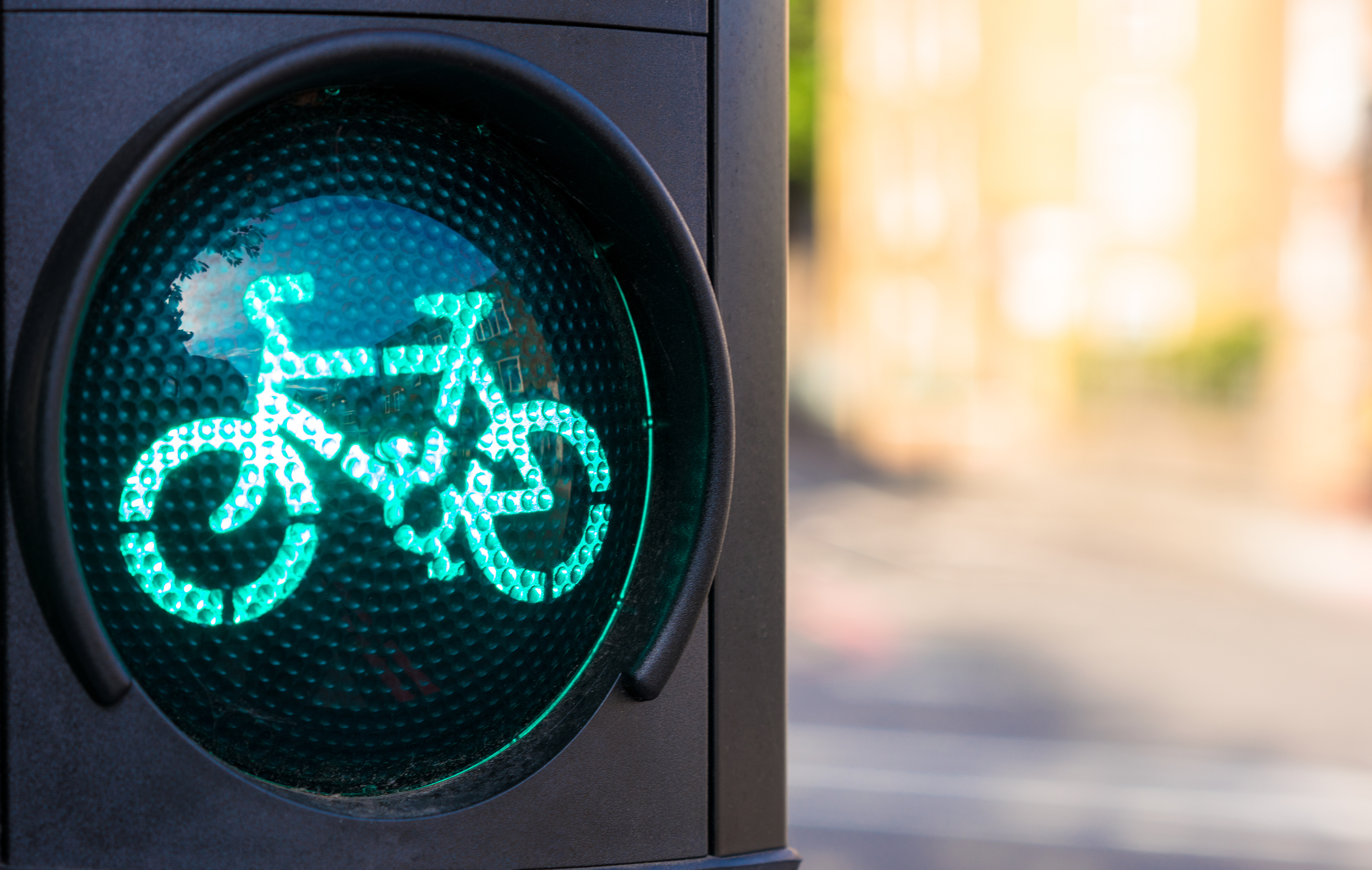Ignore the angry backlash – new smart traffic lights for cyclists could make all our lives better
Anything that makes life easier for cyclists seems to get the motoring lobby in a tizz – but in truth even they could benefit


A trial is underway in Solihull, West Midlands that uses smart cameras to make the journeys of cyclists and pedestrians easier at toucan crossings - for those outside the UK, those are the kinds of crossings at traffic lights where riders and walkers cross together.
The new VivaCity smart cameras will use AI to identify users from up to 30 metres away as they approach, and turn the lights green for them in time for them to arrive. Apparently, all this is done anonymously too.
What could be more innocuously, more applaudable, than smart tech used to benefit active travel, and with no personal information gathered?
You may well ask. There has been, amazingly, quite the backlash, with the new trial being described as part of the "war on motorists" (yes, really) in both the Telegraph and the Daily Mail.
In the Telegraph's case, perhaps in an effort to draw in foamy-mouthed readers, the standfirst of one op-ed piece declares: "Giving this small, angry minority priority at traffic lights is the latest blow in the war on motorists".
And as for the Mail's comments section – don't go there, it's not good for the soul.
The negativity seems to focus on the new lights prioritising cyclists over cars and in the case of the media outlets (who frankly should know better than to deliberately stoke the motorist v cyclist fire – lives are at stake here), designed to pull in readers.
The latest race content, interviews, features, reviews and expert buying guides, direct to your inbox!
But the reality is that the lights don't prioritise cyclists (and let's not forget pedestrians, many of whom will be schoolkids), over motorists any more than before. Cars have always had to stop at the red light to let cyclists and walkers cross – it's just that now they won't have to push a button to make it happen.
In all honesty, I'm having trouble grasping the issue that anyone is having with this new camera (and for the moment there is just one, but there could end up being more if all goes well).
If you take the time that the lights would usually be red for, and add the time it takes for a cyclist to reach the crossing after being recognised 20 metres away at a modest 20kph, it adds up to around four extra seconds.
But for the cyclist or pedestrian, who approaches in the usual way to push the button, there can often be what feels like a substantial wait for the lights to turn red.
And when you're trying to thread your way safely through a city via a network of cycle paths and crossing multiple busy roads in the process, these waits can really mount up. Doing away with them would be a major step forward for active travel.
Being an active traveller can be challenging – you're vulnerable to the weather, and to traffic, and it's physically tough sometimes. But major cities are depending on active travel for their future viability and liveability, so let's help it along as much as we can.
That way everybody gets to benefit, including motorists, who could have more space on the road due to more people opting to walk or cycle, and being able to enjoy cleaner air like everyone else as a result.
Solihull's smart cameras are a small but useful building block in that future.

Thank you for reading 20 articles this month* Join now for unlimited access
Enjoy your first month for just £1 / $1 / €1
*Read 5 free articles per month without a subscription

Join now for unlimited access
Try first month for just £1 / $1 / €1
After cutting his teeth on local and national newspapers, James began at Cycling Weekly as a sub-editor in 2000 when the current office was literally all fields.
Eventually becoming chief sub-editor, in 2016 he switched to the job of full-time writer, and covers news, racing and features.
He has worked at a variety of races, from the Classics to the Giro d'Italia – and this year will be his seventh Tour de France.
A lifelong cyclist and cycling fan, James's racing days (and most of his fitness) are now behind him. But he still rides regularly, both on the road and on the gravelly stuff.
